Huge cost of Barilaro NYC job investigation
NSW Premier Dominic Perrottet has spent more than $100,000 of taxpayer money on investigations into the “flawed” hiring of his former deputy for a plum job.
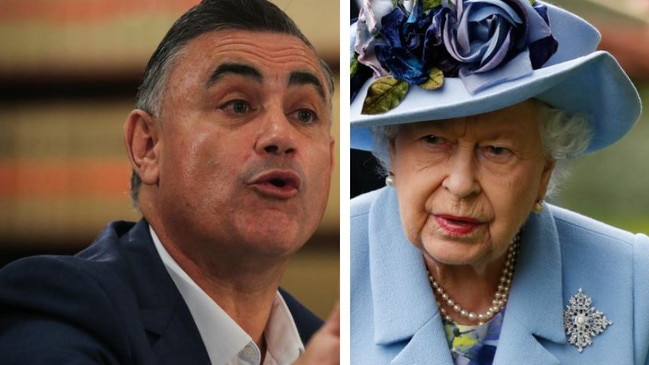
Royals
Don't miss out on the headlines from Royals. Followed categories will be added to My News.
One of the final letters issued in the name of Queen Elizabeth II played a role in the saga surrounding John Barilaro’s appointment as NSW trade envoy to New York.
The state’s last letter patent in the Queen’s name was used to hire a prominent barrister to look into a legal question arising from an inquiry into the US trade post hiring process, NCA NewsWire can reveal.
It can also be revealed the total cost of the legal review, performed by Bruce McClintock SC, was $28,558.
It means Premier Dominic Perrottet has spent north of $100,000 of taxpayer money on investigations related to the “flawed” hiring of Mr Barilaro.
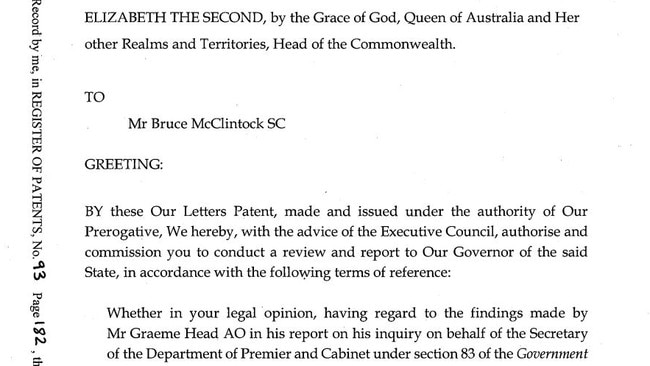
The unlikely connection between the late Queen and former NSW deputy premier was made when Mr Perrottet chose to use letters patent, a somewhat rare legal instrument, to hire Mr McClintock to look into whether ex-trade minister Stuart Ayres had broken the ministerial rule book during the hiring process.
Mr McClintock found in his review that Mr Ayres had not broken the rules, opening the door for Mr Perrottet to potentially welcome the Penrith MP back into his ministry.
The document was dated August 10, signed by NSW Governor Margaret Beazley, and issued in the Queen’s name.
The Department of Premier and Cabinet confirmed it was the Queen’s last letter to NSW.
“No further letters patent have been issued other than those issued by the Governor on 10 August 2022,” a DPC spokesman told NCA NewsWire.
Future letters patent will be made in the name of King Charles III, who was formally proclaimed Australia’s regent at the weekend.
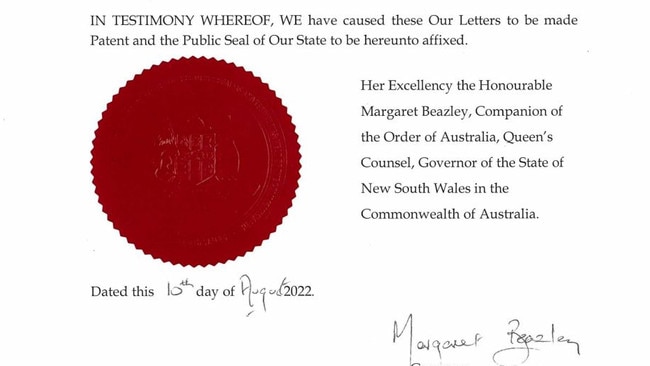
Another review linked to the Barilaro saga, also ordered by Mr Perrottet and performed by former public service commissioner Graeme Head, was established using the Government Sector Employment Act.
However, the government has pointed out the two reviews investigated different matters: In Mr Head’s case, the goal was to find out whether the hiring process for the New York job complied with the GSE Act.
Mr Head was hired through consultancy firm Ernst & Young on a fixed fee of $73,500, plus GST of $7350.
Mr McClintock, on the other hand, was hired on an hourly pay of $506.54, with a daily maximum fee of $5065 plus GST.
That’s in line with public rates set by the NSW Attorney-General for silks – senior barristers – acting on behalf of the government.
It wasn’t immediately clear if the total $28,558.75 cost cited by the DPC included GST.
The McClintock review lasted four weeks, from August 10 to September 7.
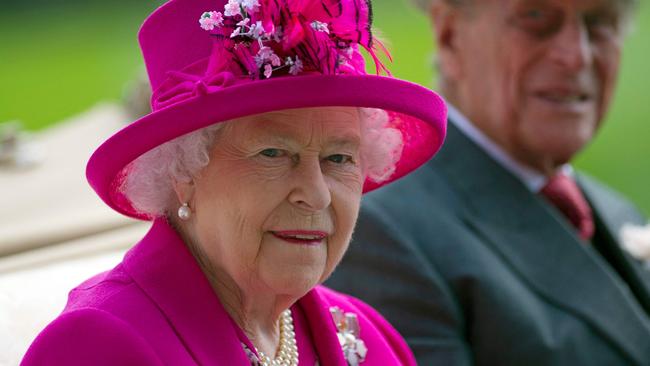
The two-page document establishing the barrister’s review opens with the words “Elizabeth the Second, by the Grace of God, Queen of Australia and her other Realms and Territories, Head of the Commonwealth” before going on to instruct Mr McClintock to write a report on whether Mr Ayres broke the ministerial code of conduct.
The letter specifically asks Mr McClintock to approach the matter in light of Mr Head’s findings.
The letter’s second page bears a wax seal and the signatures of Ms Beazley and Mr Perrottet.
A fact sheet issued by the federal parliament describes letters patent as “an ancient form of law making inherited from England”.
“(They) are instruments made by the monarch without reference to parliament under the royal prerogative which is that power of the Crown still existing and not superseded by parliamentary legislation,” the fact sheet said.
They’ve been used in the past for matters like establishing royal commissions, appointing commissioners, and even establishing the colony of South Australia.
When the McClintock review was discussed in a budget estimates hearing last week, a senior DPC lawyer explained that “the inquiry was established using the Governor’s prerogative inquiry power … consistent with the approach taken in relation to a number of other expert panel inquiries in the past”.
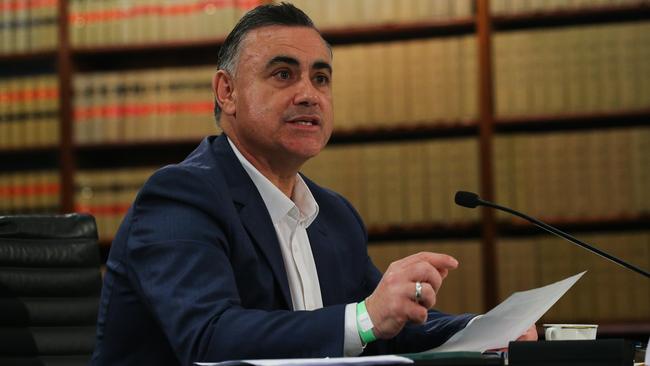
She said Mr McClintock did not have the power to hear evidence under oath or compel the production of documents – instead, Mr McClintock was simply asked to “give a legal opinion”.
Realising the inquiry had been established by letters patent, Labor MP Daniel Mookhey, who has been one of the leading opposition politicians looking into Mr Barilaro’s appointment, initiated a tongue-in-cheek exchange with DPC officials.
“I am a fan of the prerogative powers of the Crown,” he told DPC secretary Michael Coutts-Trotter.
Mr Coutts-Trotter replied by asking Mr Mookhey to imagine “vellum” – a fine form of parchment – “and a wax seal”.
“We can sack prime ministers using the same power, so it does attract some interest,” Mr Mookhey fired back.
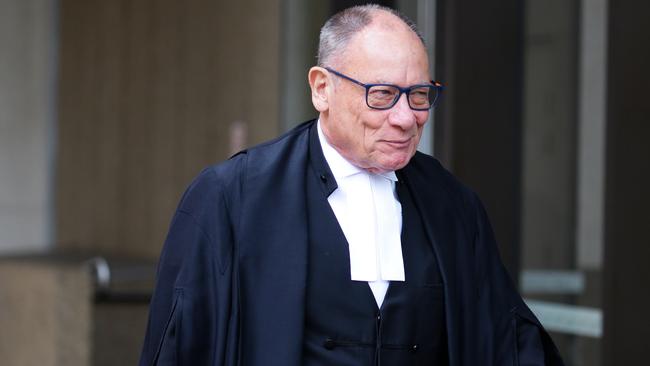
Mr Mookhey was critical of the choice of letters patent to establish the McClintock review.
“Letters patent is the type of tool you use to establish an inquiry when you are not interested in getting to the truth, the whole truth and nothing but the truth,” Mr Mookhey told NCA NewsWire.
“The government needed to at least establish an inquiry that had enough teeth to take evidence under oath, as well as to demand documents.”
Originally published as Huge cost of Barilaro NYC job investigation


